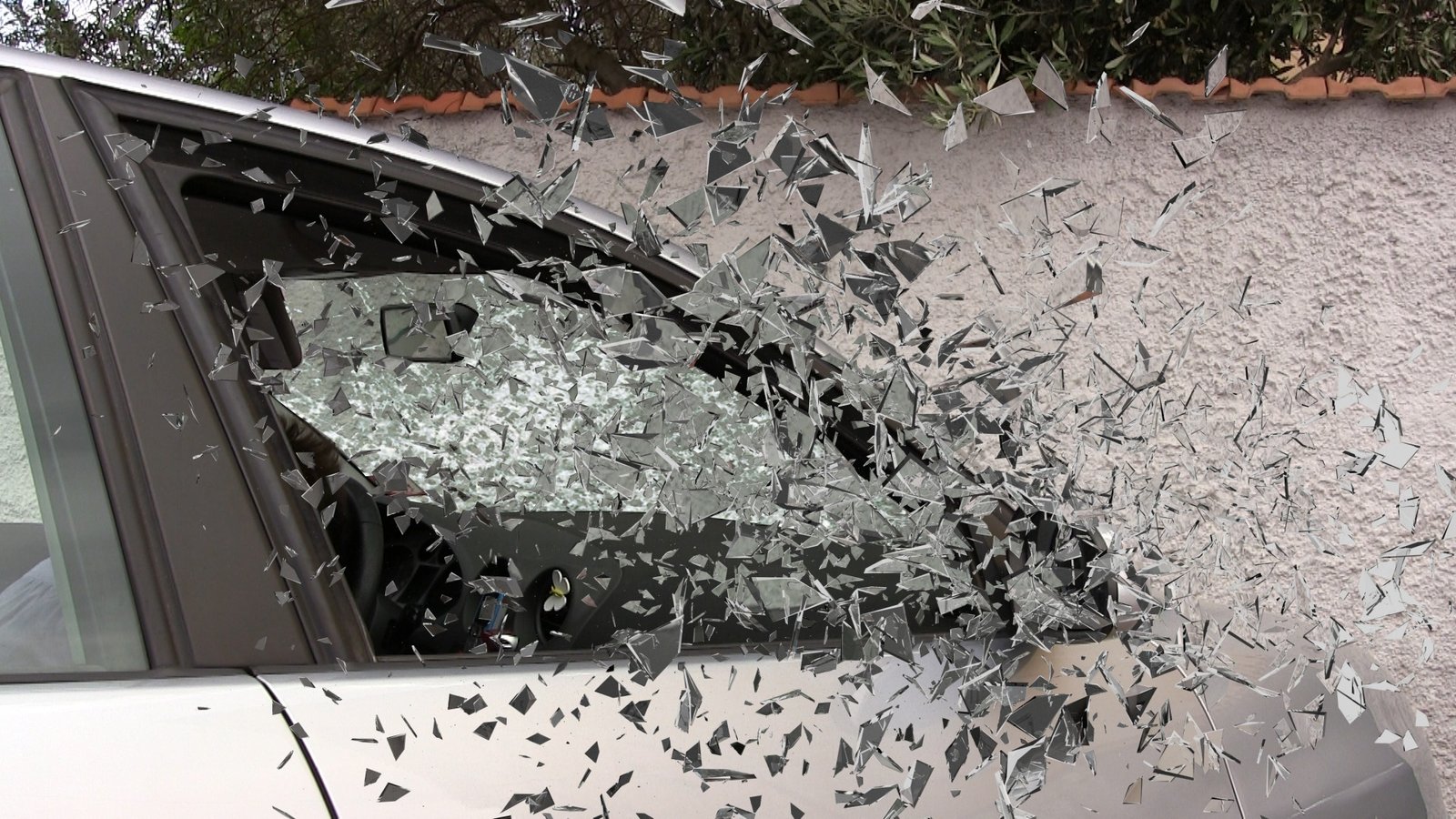Picture this: you’re strolling through Dublin, maybe grabbing a coffee near Temple Bar or rushing to catch the Luas after a long day.
Then, out of nowhere—bam!—an accident happens. A slip on a wet floor, a fender bender on O’Connell Street, or a tumble at work leaves you injured. The pain is bad enough, but then the real kicker hits: you can’t work, bills are piling up, and your bank account is screaming for help. This could easily be your story. But here’s the good news: There’s a little-known form that might just be your ticket back to financial peace. It’s called the PIAB form, and it’s helping everyday people, including those in the limelight, get back on their feet.
The Drama of Being Injured and Broke
Sarah is a Dublin-based makeup artist who’s worked on some of Ireland’s biggest film sets. One rainy evening, she slips on a poorly marked puddle in a trendy restaurant while meeting a client. Her ankle twists, and suddenly, she’s out of action. No gigs, no pay, just a stack of medical bills and a landlord who doesn’t care about her sob story. Or take Liam, a guitarist who plays in pubs across the city. A loose stage board collapses mid-performance, and he’s left with a busted wrist. Gigs dry up, and so does his income. These aren’t just made-up tales—they’re the kind of real-life dramas that happen all the time in this fast-paced world.
For people like Sarah and Liam, an injury isn’t just a physical setback—it’s a financial nightmare. Rent isn’t cheap, and the cost of living ”eeps climbing. Missing a few weeks of work can feel like the end of the world. That’s where the PIAB form swoops in like a hero in a blockbuster movie.
What’s the PIAB Form, Anyway?
PIAB stands for Personal Injuries Assessment Board, but don’t let the fancy name scare you off—it’s just a government group in Ireland that helps people who’ve been hurt in accidents. The PIAB form is your way to ask them for help. It’s not about pointing fingers or dragging someone to court (though that can happen later if needed). Instead, it’s a simple way to say, “Hey, I got hurt, it wasn’t my fault, and I need some cash to cover what I’ve lost.”
Here’s how it works: you fill out the form with details about your accident—like where it happened, how it went down, and what injuries you’ve got. You also add in a medical report from your doctor and any proof of money you’ve lost, like payslips or gig receipts. While some people choose to handle this themselves, others prefer to get advice from law firms and attorneys, especially if things are complicated. Once you’re ready, send it off (online is easiest, and it’s only €45), and the PIAB team takes a look. They figure out if the person or business you blame agrees to let them handle it. If yes, they decide how much money you should get to make up for your pain and lost income. It’s like a referee stepping in to settle a fight—quick, fair, and no courtroom drama.
Real Stories, Real Wins
Take Emma, a dancer, who was rehearsing for a big show when a faulty prop fell and bruised her leg badly. Out of work for two months, she was stressing about rent and groceries. A friend told her about the PIAB form, and she gave it a shot. Within nine months—way faster than a court case—she got a payout that covered her lost wages and then some. She was back twirling on stage, stress-free.
Or how about Mark, a sound guy for a popular Irish band? He tripped over unmarked cables at a venue, spraining his back. With no gigs, his savings vanished. He filed a PIAB form, and the venue’s insurance didn’t argue. The result? A check that paid his bills and gave him breathing room to heal. These stories aren’t rare—they’re proof the PIAB form can be a lifeline when life throws a curveball.

Why It’s a Game-Changer for You
You do a paid job, you earn wages or your business depends on you to survive. A single injury can derail everything. The PIAB form levels the playing field. It’s not just for big shots with fancy lawyers; it’s for anyone who’s been knocked down and needs a hand up. You don’t even need a solicitor to start, though having one can smooth things out. (If you’re looking for pros, the folks at Personal Injury Solicitors Dublin know their stuff and could guide you through it.) The best part? It’s fast—most claims wrap up in under a year, unlike court battles that can drag on forever.
The Catch? It’s Not Magic
Now, let’s keep it real. The PIAB form isn’t a golden ticket. If the person you blame says, “Nope, not my fault,” or if you don’t agree with the compensation to cover injuries they offer, you might still end up in court. And it doesn’t cover every injury—like medical screw-ups don’t count. But for slips, trips, or crashes? It’s a solid first step. Plus, you’ve got to act quick—notify the person you’re blaming within a month, or it could mess up your chances later.
The Bottom Line
In Dublin’, where competition is stiff and the next gig is never guaranteed, an injury can feel like a plot twist nobody saw coming. But the PIAB form is like a script rewrite—it gives you a shot at financial stability when you’re injured and unpaid. Whether you’re a star on stage or plumber doing his honest work, this little piece of paper could save your livelihood. So, next time you’re swapping stories over a pint, spread the word: there’s help out there, and it’s simpler than you think.






